News
-
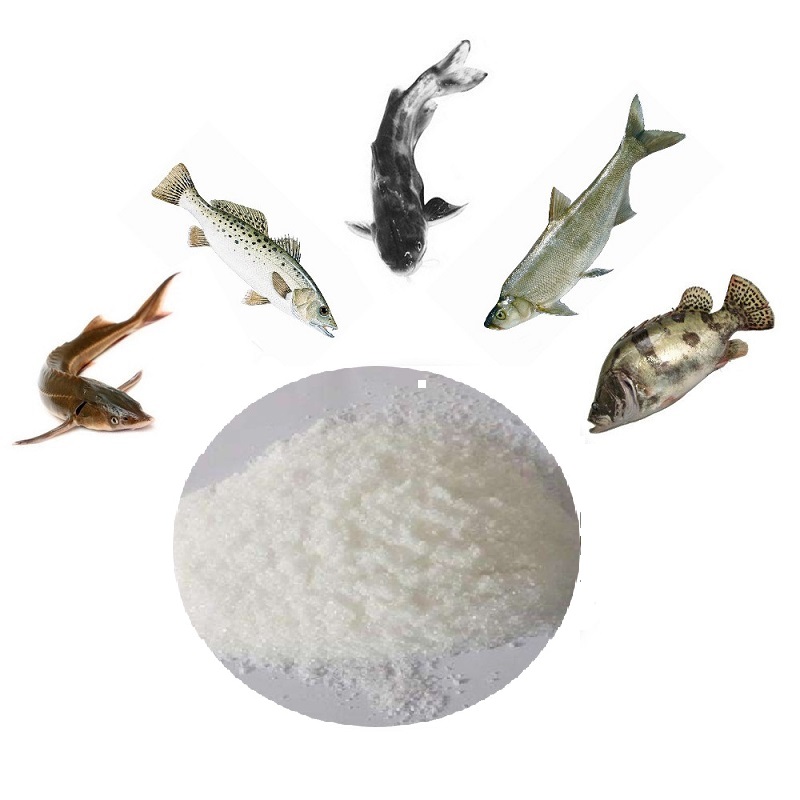
AQUACULTURE FEED ADDITIVES-DMPT/ DMT
Aquaculture has recently become the fastest growing segment of the animal agriculture industry as a response to the dwindling number of aquatic animals caught in the wild. For over 12 years Efine has worked alongside fish and shrimp feed manufacturers in developing superior feed additive solutio...Read more -

AQUACULTURE FEED ADDITIVES-DMPT/ DMT
Aquaculture has recently become the fastest growing segment of the animal agriculture industry as a response to the dwindling number of aquatic animals caught in the wild. For over 12 years Efine has worked alongside fish and shrimp feed manufacturers in developing superior feed additive solutio...Read more -
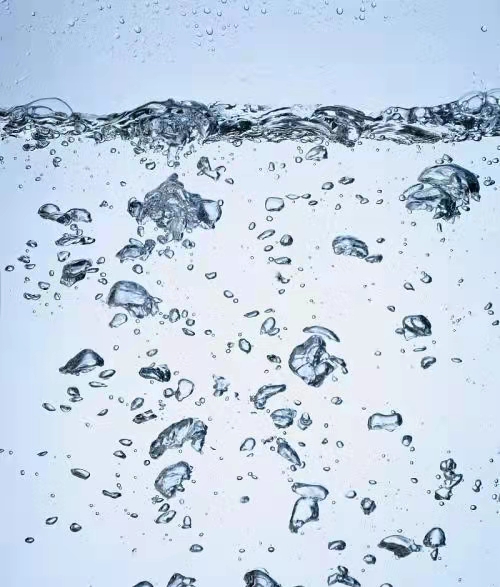
Betaine series surfactants and their properties
Betaine series amphoteric surfactants are amphoteric surfactants containing strong alkaline N atoms. They are truly neutral salts with wide isoelectric range. They show dipole characteristics in a wide range. There are many evidences that betaine surfactants exist in the...Read more -
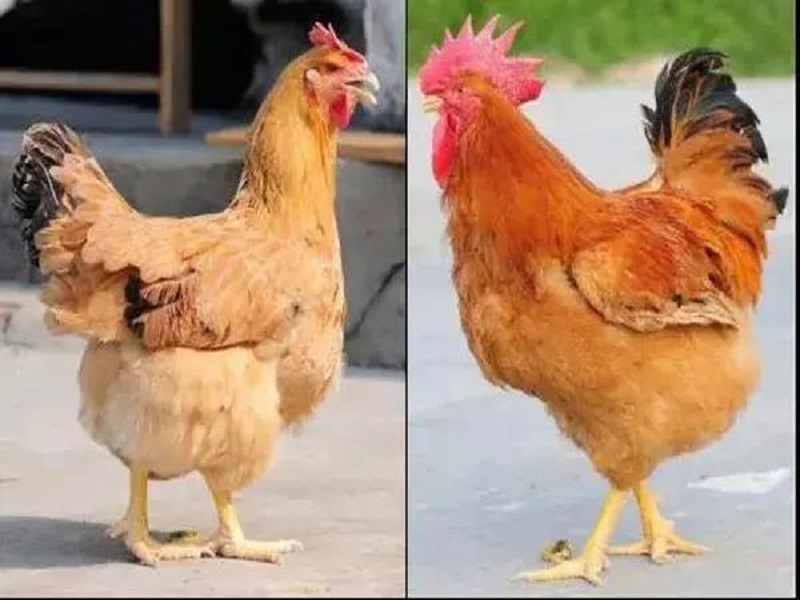
Betaine, a feed additive for aquaculture without antibiotics
Betaine, also known as glycine trimethyl internal salt, is a non-toxic and harmless natural compound, quaternary amine alkaloid. It is white prismatic or leaf like crystal with molecular formula C5H12NO2, molecular weight of 118 and melting point of 293 ℃. It tastes swee...Read more -

Betaine‘s function in cosmetics: reduce irritation
Betaine exists in many plantsnaturally , such as beet, spinach, malt, mushroom and fruit, as well as in some animals, such as lobster claws, octopus, squid and aquatic crustaceans, including human liver. Cosmetic betaine is mostly extracted from sugar beet root molasses ...Read more -
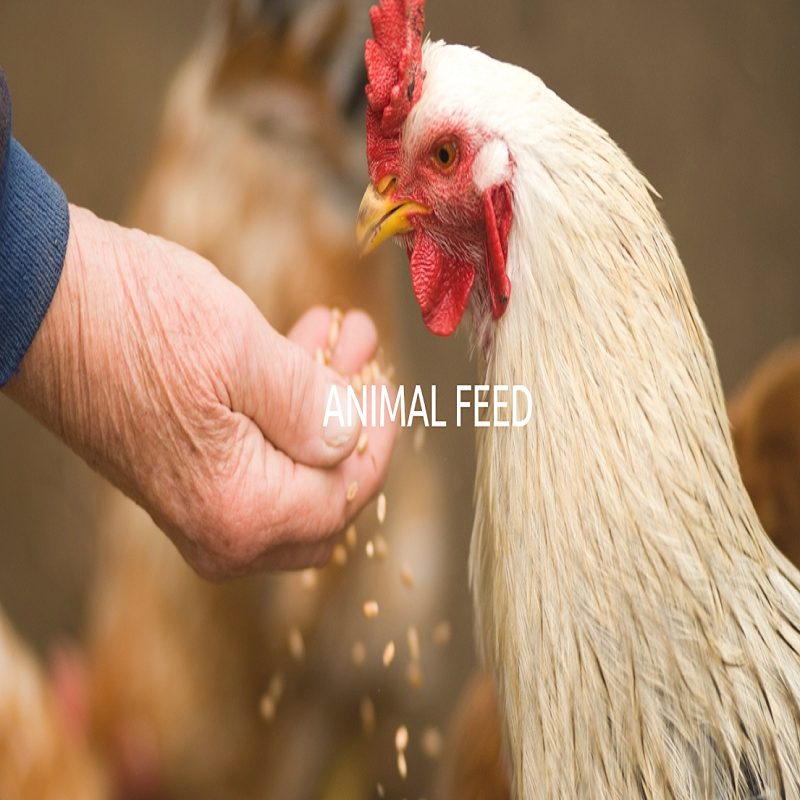
Betaine HCL 98% Powder, Animal Health Feed Additive
Betaine HCL feed grade as nutrition supplement for poultry Betaine hydrochloride (HCl) is an N-trimethylated form of the amino acid glycine with a chemical structure similar to choline. Betaine Hydrochloride is a quaternary ammonium salt, lactone alkaloids, with active N-CH3 and within the struc...Read more -

What Are the Animal Health Benefits of Allicin
Feed Allicin Allicin powder used in feed additive field, Garlic powder is primarily used in feed additive for developing the poultry and fishes against the disease and promoting development and enhancing the taste of egg and meat. The product reveals a non-drug resistant, non-residual function a...Read more -
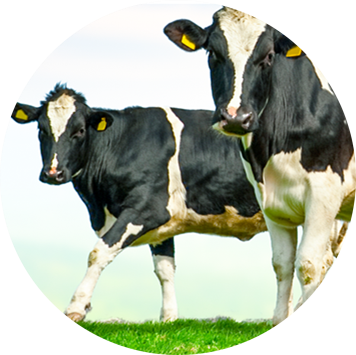
Calcium Propionate – Animal Feed Supplements
Calcium Propionate which is a calcium salt of propionic acid formed by the reaction of Calcium Hydroxide & Propionic Acid. Calcium Propionate is used to reduce the possibility of mold & aerobic sporulating bacterial development in feeds. It maintains the nutritive value & elonga...Read more -
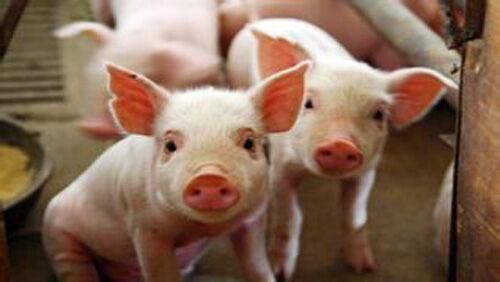
What are the results of comparing the benefits of using potassium diformate with the effects of using conventional feed antibiotics?
The application of organic acids can improve the growth performance of growing broilers and pigs. Paulicks et al. (1996) conducted a dose titration test to evaluate the effect of increasing potassium dicarboxylate level on the performance of growing piglets. 0, 0.4, 0.8,...Read more -
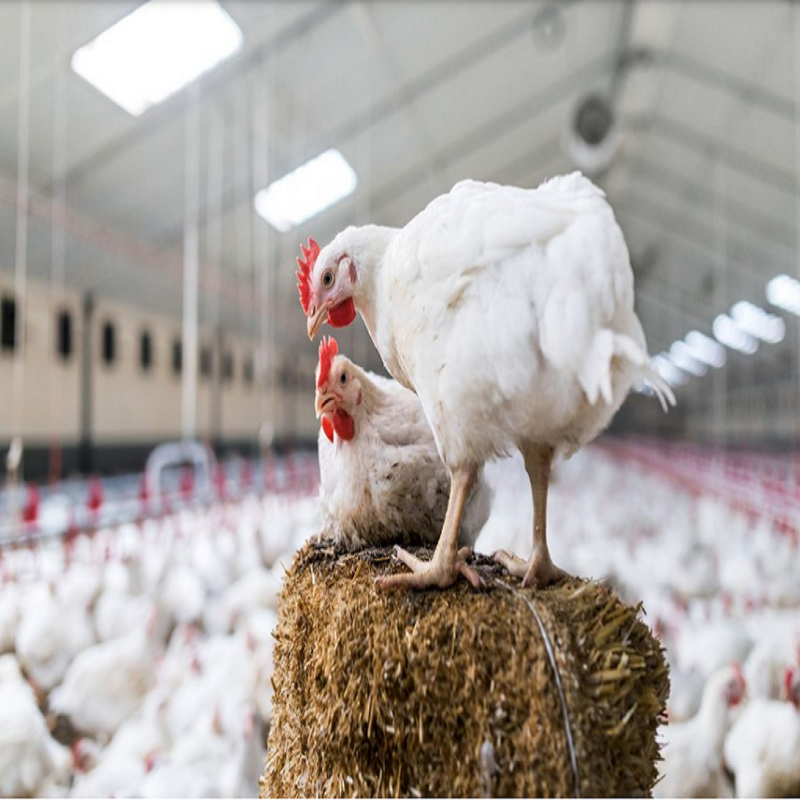
Betaine applications in animal nutrition
One of the well-known applications of betaine in animal feed is saving feed costs by replacing choline chloride and methionine as methyl donor in poultry diets. Besides this application, betaine can be dosed on top for several applications in different animal species. In this article we explain ...Read more -
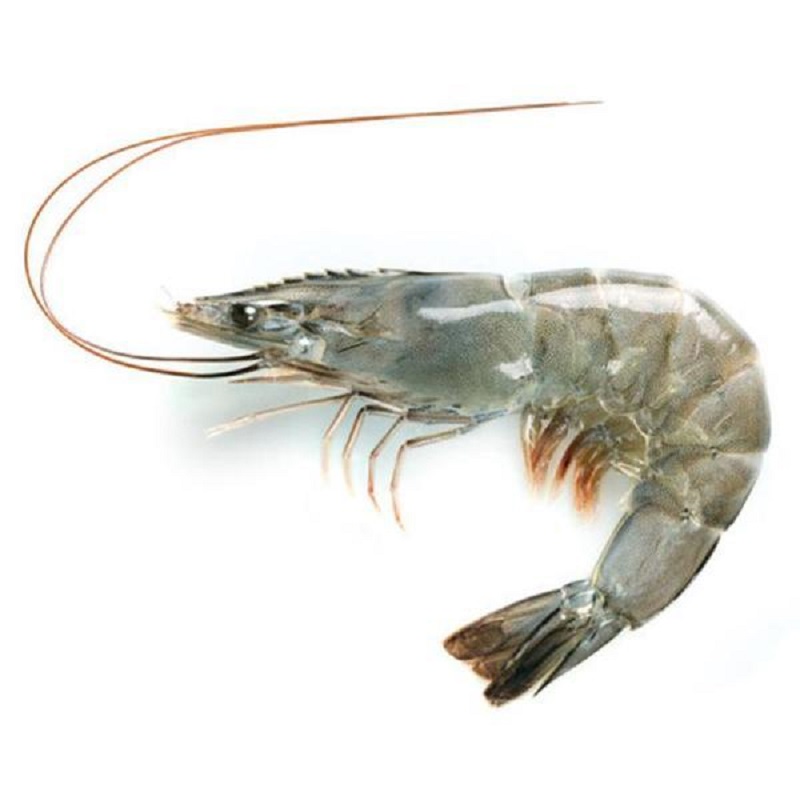
Betaine in Aquatic
Various stress reactions seriously affect the feeding and growth of aquatic animals, reduce the survival rate, and even cause death. The addition of betaine in feed can help to improve the decline of aquatic animals' food intake under disease or stress, maintain nutritio...Read more -
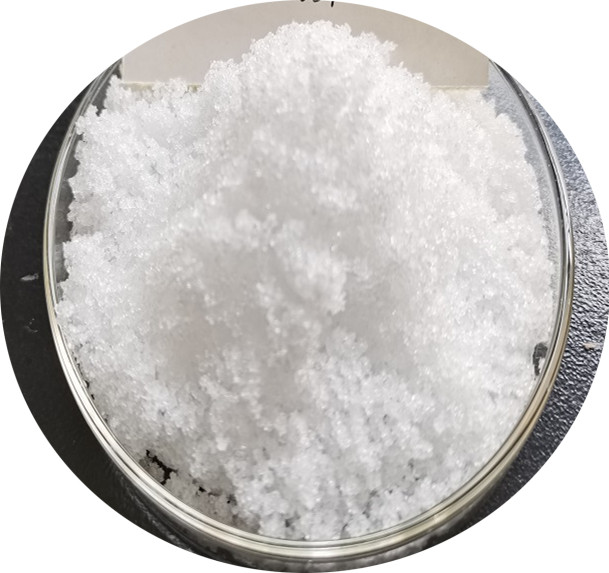
Potassium diformate does not affect shrimp growth, survival
Potassium diformate (PDF) is a conjugated salt that has been used as a non-antibiotic feed additive to promote the growth of livestock. However, very limited studies have been documented in aquatic species, and its effectiveness is contradictory. A previous study on Atlantic salmon showed that d...Read more
